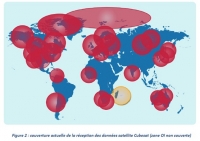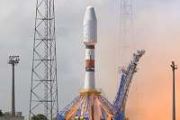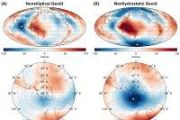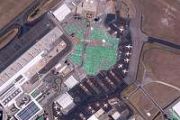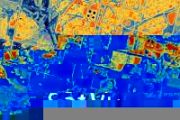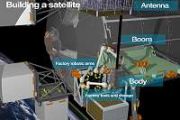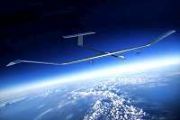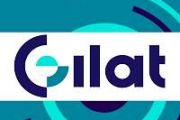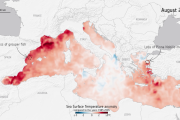The main goal of GENSO is to realise a worldwide network of radio amateur and university ground stations to support the operations of university satellites.
In order to achieve this goal, GENSO has been designed as a distributed system connected via the internet. The software applications that facilitate the data sharing have been developed in Java by an international team of students. Mission controllers of university satellites can normally gather around 20 minutes of data per day with their own university ground station. GENSO will give them free access to potentially hundreds of stations around the globe via the internet and increase their data return to many hours per day. It will also allow them to command their spacecraft from the other side of the world.
GENSO offers the capability to plan and schedule utilisation of ground station resources, predict the trajectories of spacecraft over the ground station and automate tracking and hardware control during a pass. The downlinked mission data is provided to the mission controllers within a few minutes of the end of the pass. A real-time communications link for transmission of telecommands and reception of telemetry is also possible.
GENSO is a project of the European Space Agency (ESA) and is coordinated by ESA's Education Office. The University of Vigo in Spain hosts the European Operations Node and coordinates access to the GENSO network. The software development was carried out by a distributed set of students and radio amateur teams worldwide. From 2007-2010, over 100 students from universities in Europe, Japan and the USA contributed to GENSO.
GENSO means "Global Educational Network for Satellite Operations".

